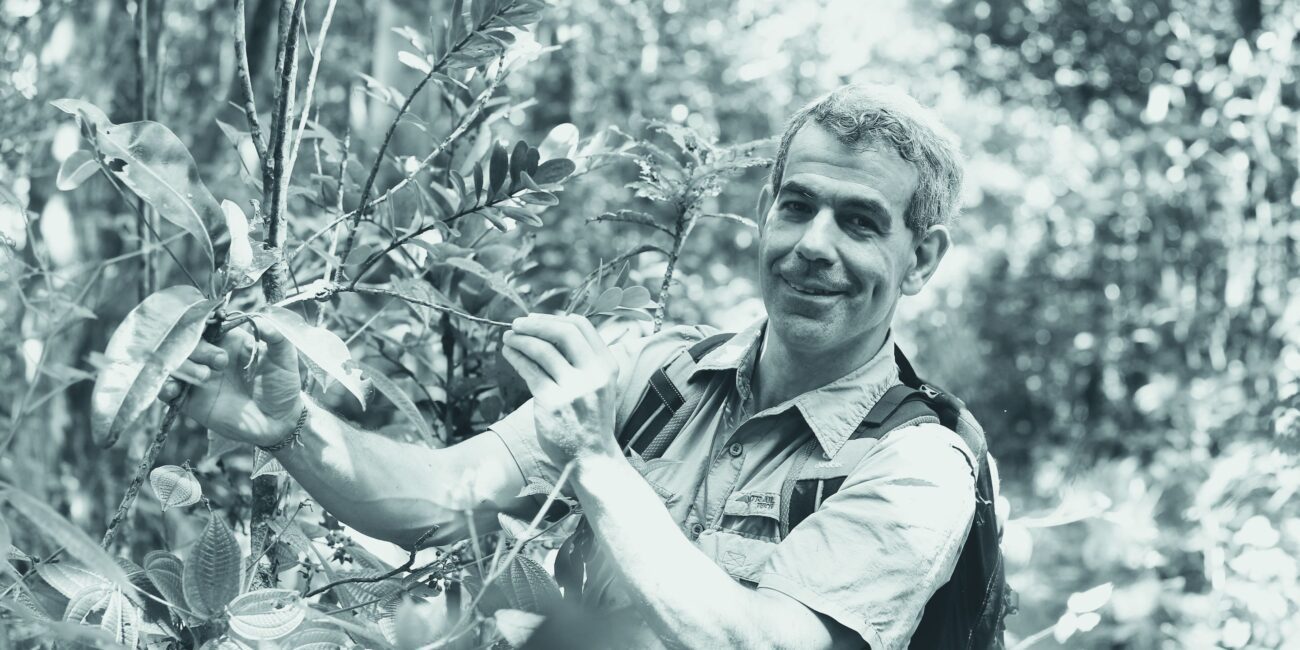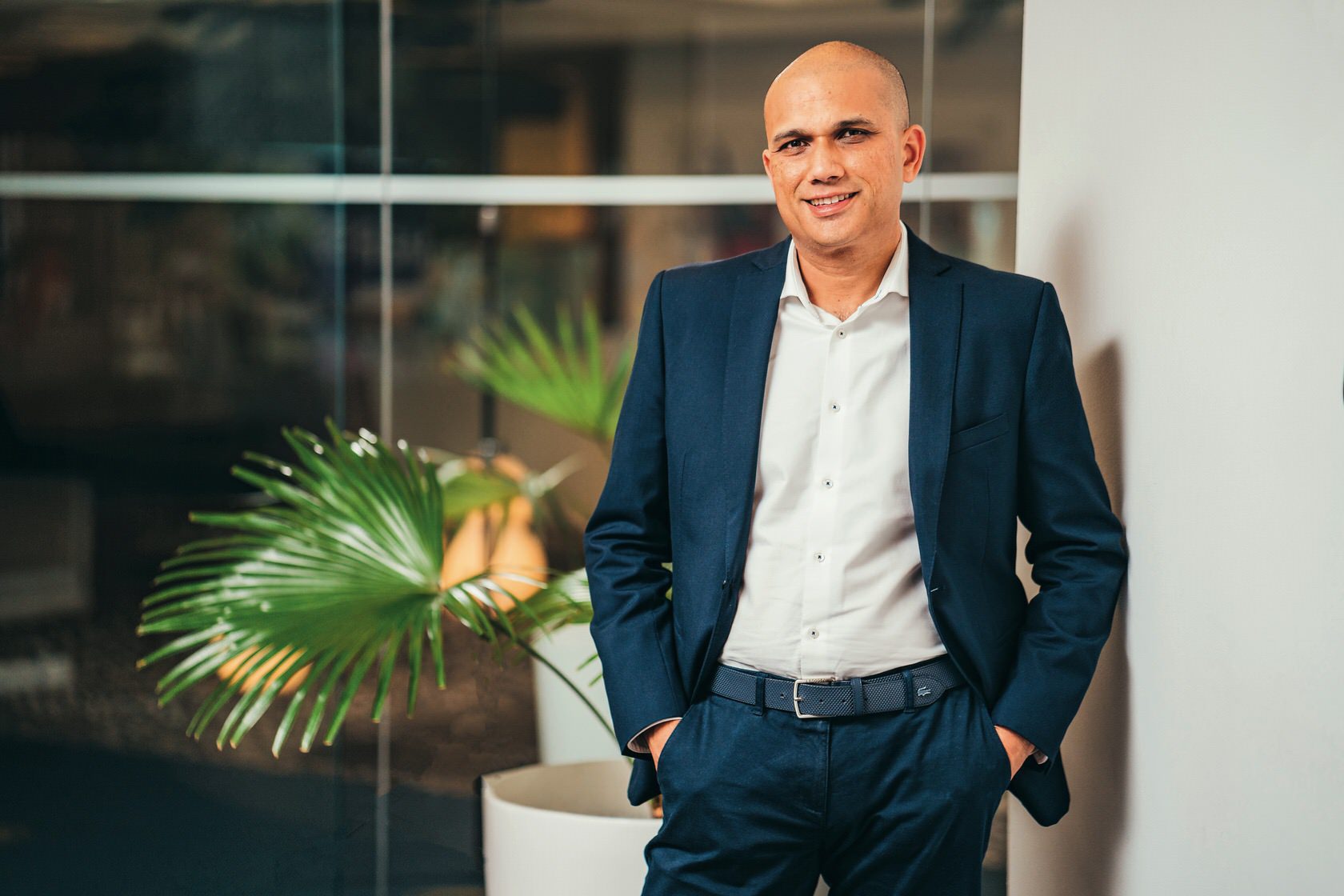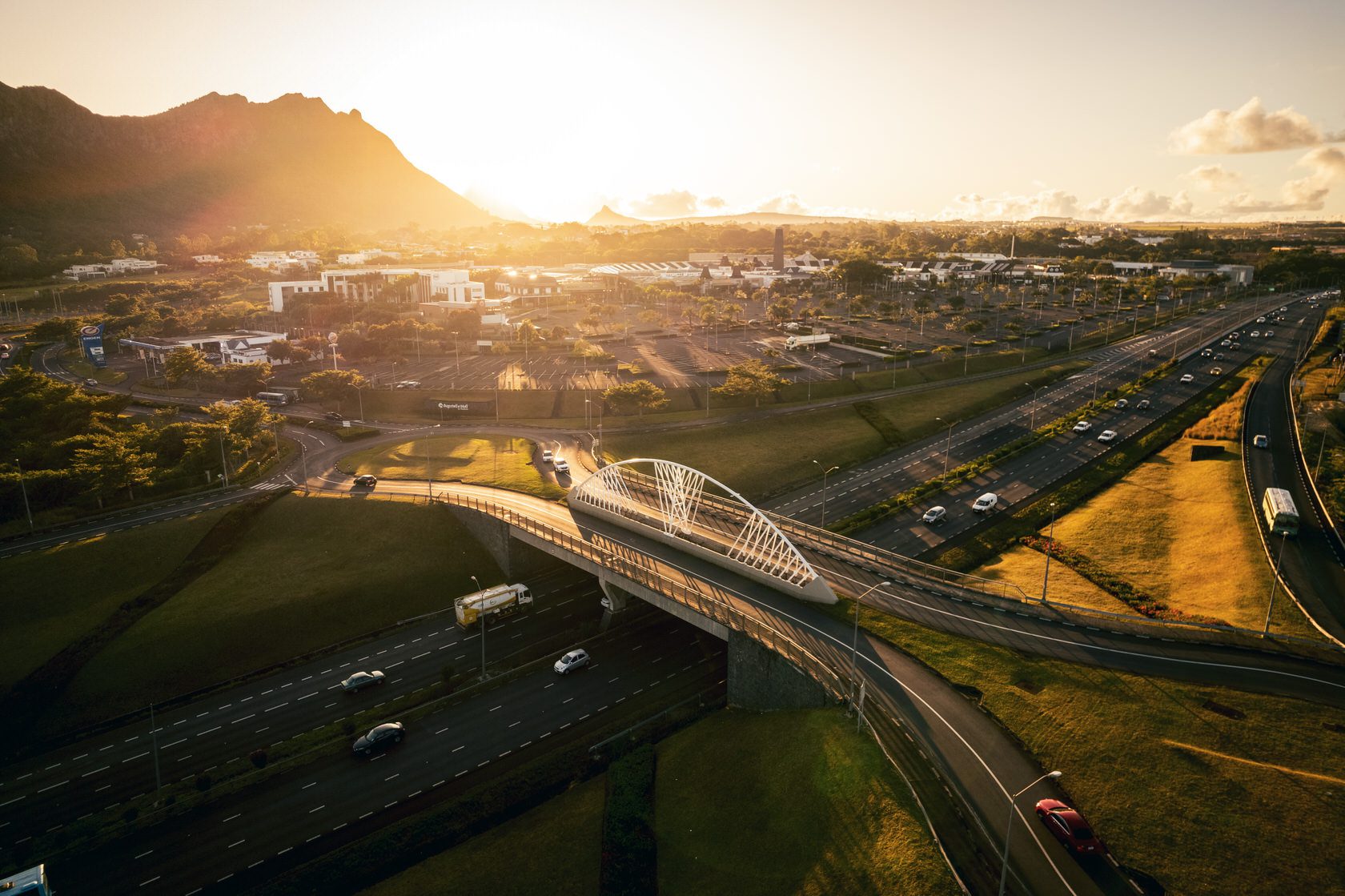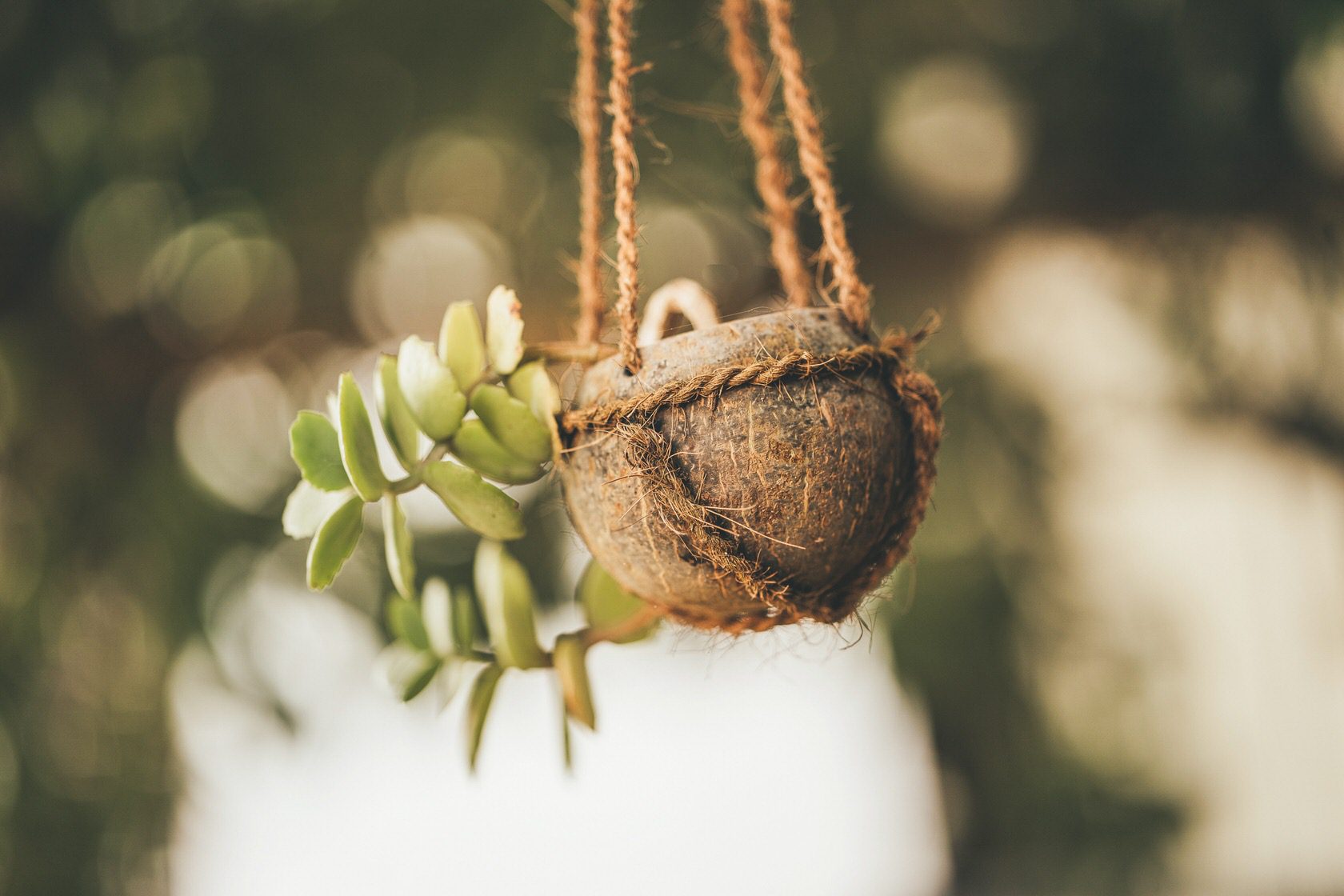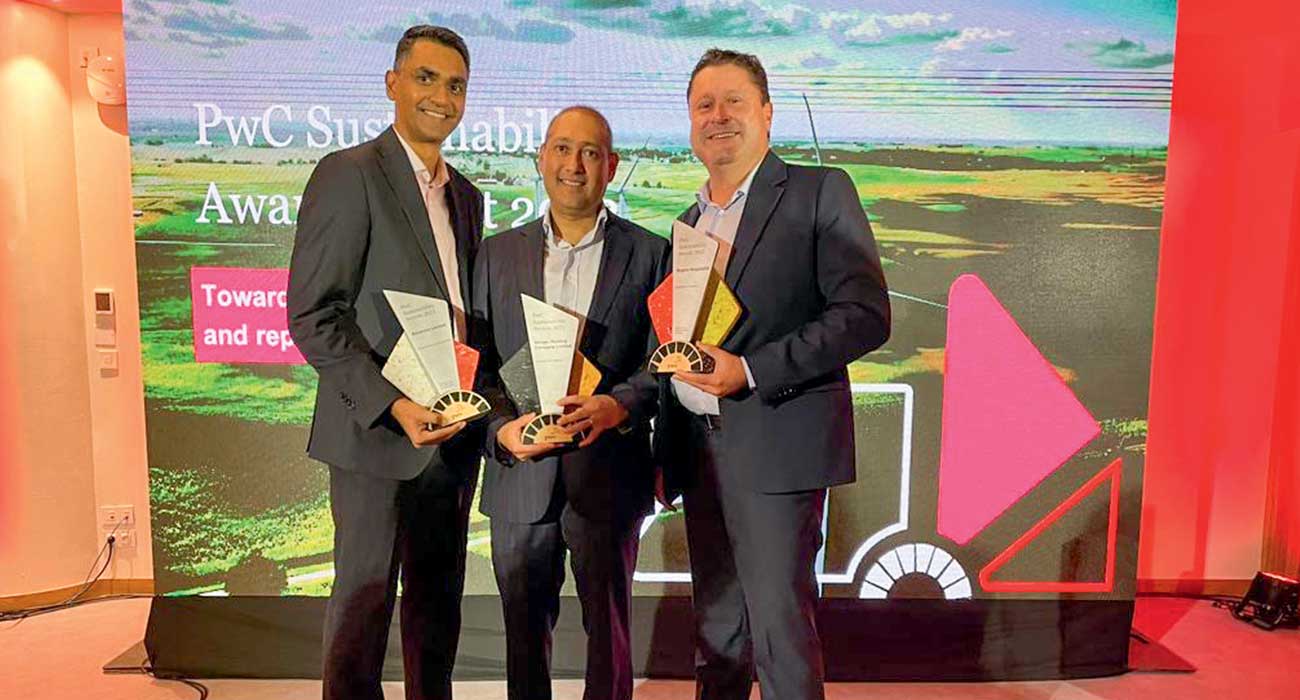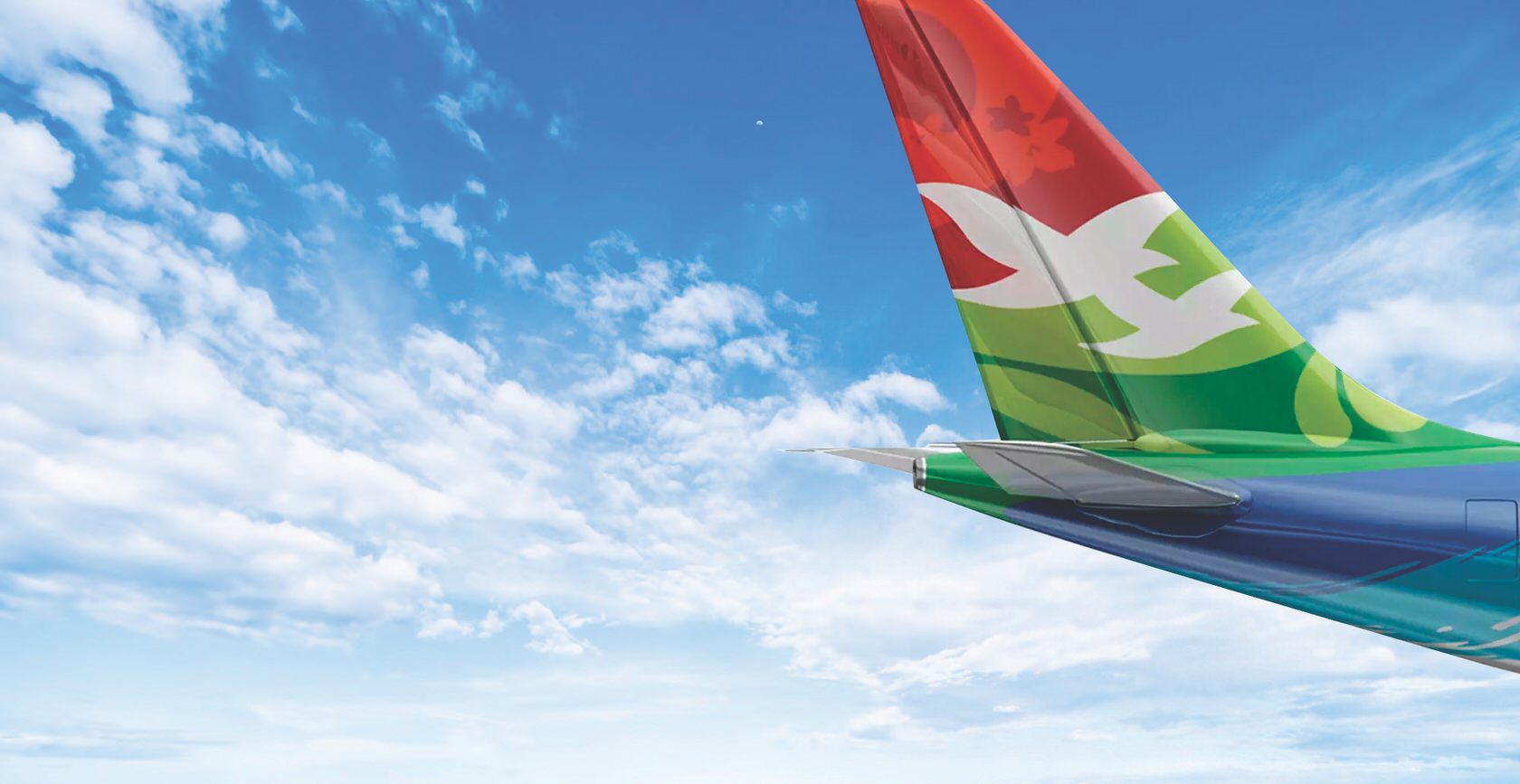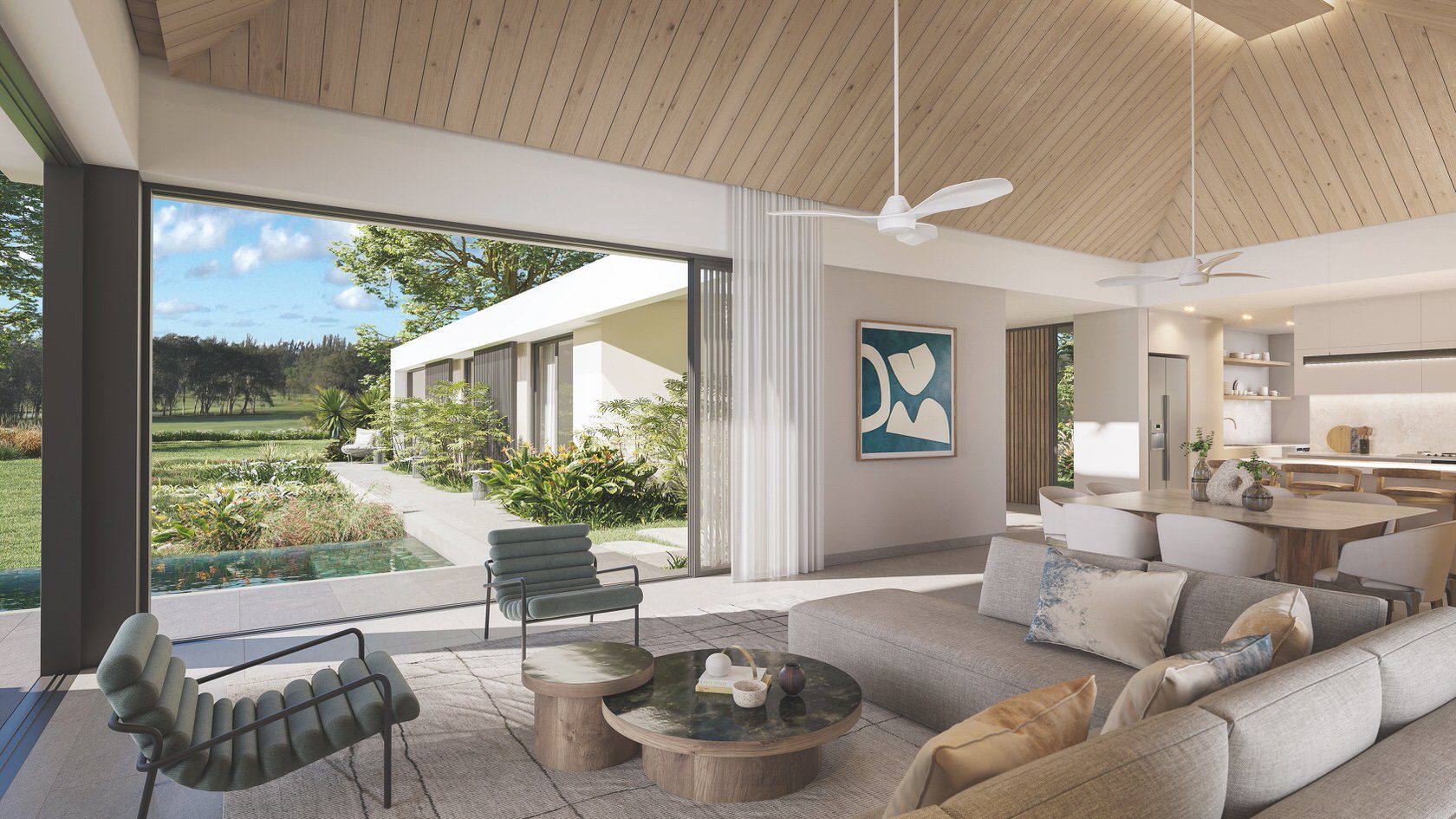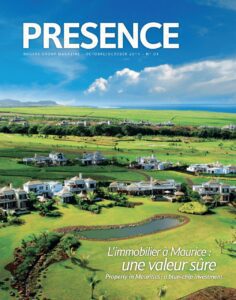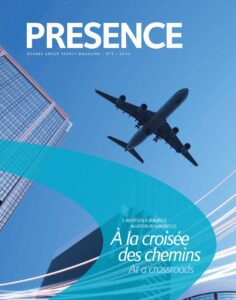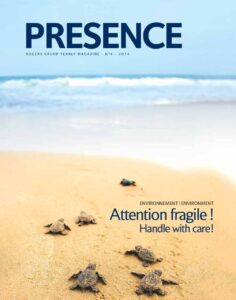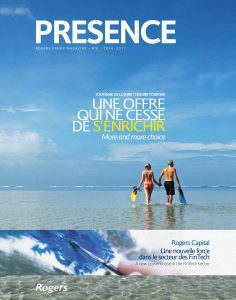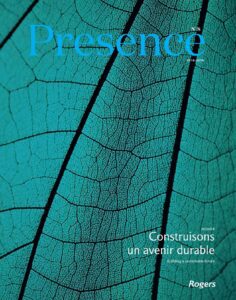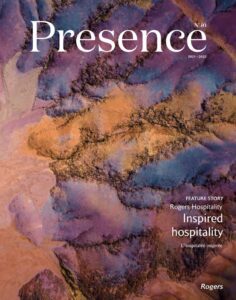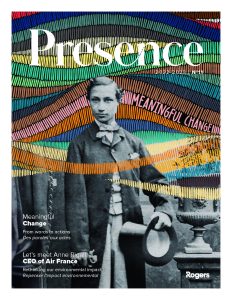Vincent Florens, conservation biologist.
Over the decades, Mauritius has been cleared of 98% of its primeval forest. Excessive deforestation, the overexploitation of resources and invasive species have caused the extinction of many endemic species that contributed to maintaining the balance of our biodiversity. Are we such poor performers? Can we still hope to return our natural habitats to their former glory? Conservation biologist and Professor of Ecology at the University of Mauritius, Vincent Florens speaks his mind.
Promising beginnings
At just 19, Nawaz flew to France to study Transportation Engineering and Logistics Management at the Lille University of Science and Technology. It was a very ambitious choice because, even though this sector was booming in Europe in the 80s, it was little known on Mauritian soil. When he returned seven years later, the situation was still the same. However, the young graduate soon found himself propelled to the position of hotel manager and later became a founding member of the Medisave Clinic in Quatre Bornes.
These initial professional experiences allowed him to refine his critical thinking abilities and develop a relationship with customers from all over the world. The lessons he gathered over his five years in the medical sector, such as humility and empathy, became a part of his philosophy. “I had some great moments, including births, but also deaths. It allowed me to understand that life hangs by a thread and that every action must contribute to improving the lives of others,” he theorises. For this reason, Nawaz is passionate about sowing seeds of happiness, going beyond Mauritian borders to carry out this mission.
In 2007, patience and determination guided this philanthropist to Velogic. He went from studying the development of the transport and logistics sector at 19, to finally joining a company which specialises in it. Shortly after proving himself in Madagascar as Deputy Country Manager, he climbed the ladder and joined the New Delhi branch in 2009, two years after its rocky beginnings. It took Velogic India eight years to build a solid reputation on the local and international scene, going from five to 75 employees and from two to six offices across the country. In 2017, they earned themselves Rogers’ Inspiring Beyond Award, which was shortly followed by rewarding Nawaz’s entrepreneurial qualities with a promotion to Managing Director in March 2018.
What is your assessment of the state of biodiversity in Mauritius?
Mauritius is one of the last countries to have seen human settlement, yet we are among the territories on the planet where biodiversity has been most seriously damaged. We are still paying the “extinction debt”, which means that some species will continue to decline as a result of past events. A good example is the ebony trees that still grow in shreds of habitat but which exist in too small numbers to remain viable. In a matter of 70 years, we have lost half of the trees with a diameter greater than 10 cm in protected forests. The loss of these individuals has a negative impact on the entire forest ecosystem and our biodiversity will continue to decline if we don’t take action.
How did we get to this point?
Despite the laws in place since the French colonial period to protect our forests, it seems that economic extremism has won the battle. The same thing happened with the Mauritius fruit bat. In 2015 and 2016, the Mauritian government authorised the mass culling of these small flying mammals in a (vain) attempt to increase fruit production, especially lychee. Recent studies show that the global population of the species has been halved and that lychee production has dropped by 70%.
Various projects have been implemented in recent decades. What has been their impact?
While Mauritius remains an example of “what not to do”, we still have a few success stories. I’ll just mention the conservation of the Mauritius kestrel and the pink pigeon or habitat restoration on Round Island. Invasive mammals have been eradicated from this small island, soil erosion has been stopped and significant restoration work has been carried out. Seabirds are back and populations of rare reptiles are increasing. Île aux Aigrettes is also a great success. However, one of the biggest challenges remains the main island where biodiversity continues to decline. The eradication of invasive species such as guava trees allows the forest to recover.
Will it ever be possible to restore the island’s native biodiversity?
The aim of conservation is not to recreate what existed before because the native vegetation is constantly changing anyway. Rather, it is about restoring an ecosystem that can sustain biodiversity while preserving its ecological functionality, for example by preventing droughts and soil erosion. An ecosystem that functions well enough to continue protecting human beings, with whom it has a close connection. Our physical and mental well-being depends on it.
Are the Mauritian people more aware today?
In the 1980s and 1990s, most conservation programmes were led by foreigners; there are now increasing numbers of Mauritians getting involved. I see this very clearly at the University of Mauritius where students are showing greater interest in the subject. There is deeper understanding of environmental threats and citizens’ and activist movements are emerging in greater numbers. I believe that such awareness will only grow over time.
Do we therefore have reason to hope?
We have already had many successes, but much remains to be done. Looking back, I think that at worst Mauritius will show the way in the field of conservation by sharing with the world the lessons learned from its many wrong environmental decisions. And it is true that there is sometimes reason to lose hope, as we have seen with bats, but if we keep trying, common sense will ultimately prevail. The most important thing is to be part of the solution, not part of the problem, to get involved and to do our best.

